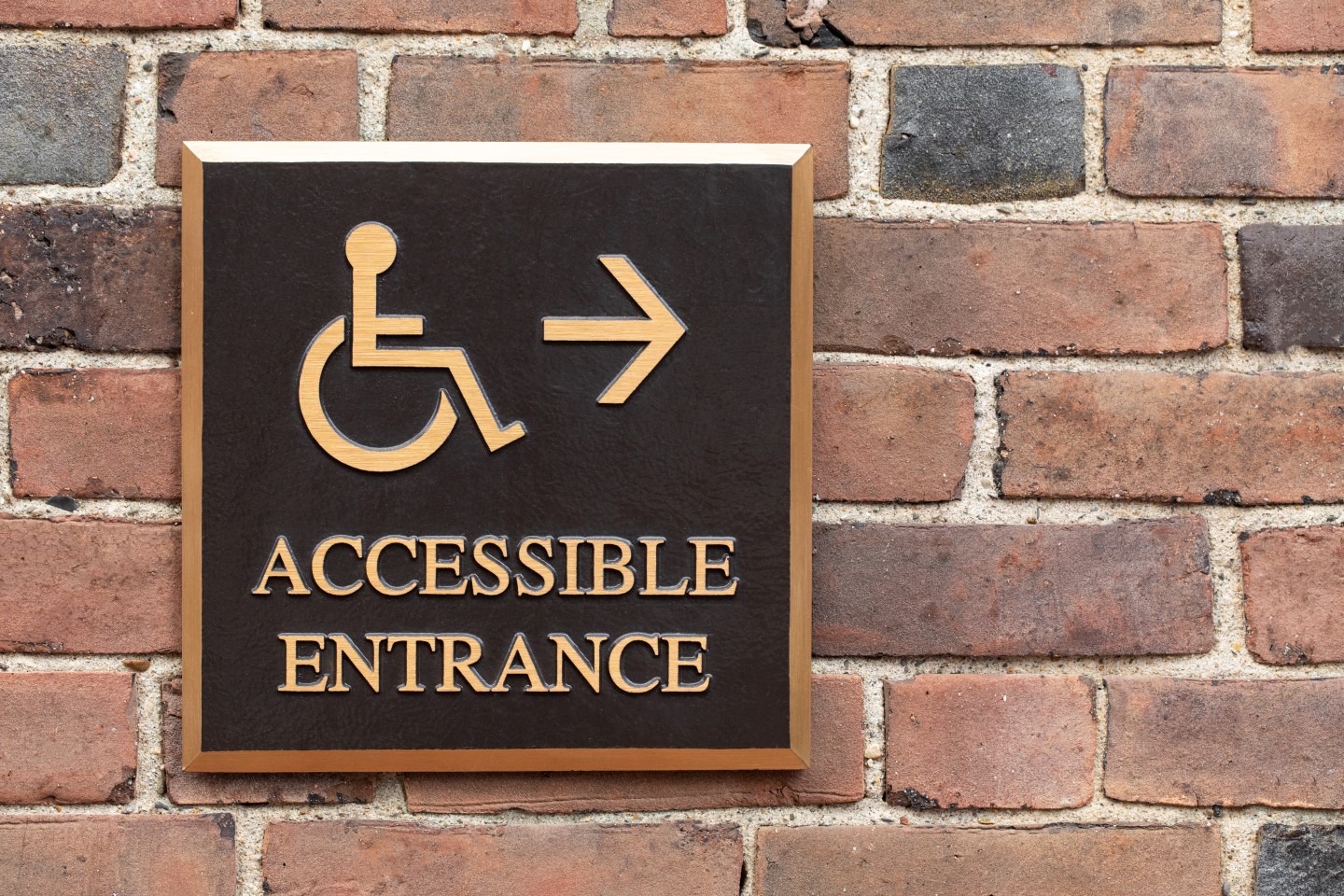
BBK Manifesto 2025: End exclusion, make work accessible for injured people
For people who have sustained a serious injury, the journey back to work can be one of the hardest challenges they face. Work is not only a source of income, but also about purpose, independence and connection. Yet too often, those living with life-changing injuries find the workplace is not designed for them.
That’s why BBK has set out key priorities to ensure workplaces are accessible to all.
The scale of the problem
The disability employment gap in the UK remains stark. As of late 2023 research shows the employment rate for disabled people stood at 54% compared to 82% for those without disabilities – a gap of almost 28%. For people with multiple health conditions, including those with serious injuries, the rate can fall as low as 29%.
The barriers injured people face
Many people with spinal cord injuries, brain injuries or amputations want to return to work but encounter unnecessary obstacles:
- Physical barriers: inaccessible offices, inadequate transport links or workplaces without the right facilities.
- Attitude barriers: employers assuming an injured person is unable to contribute or being unwilling to make adjustments.
- System barriers: complex benefits rules that discourage people from trying to work in case they lose financial support they rely on.
Even when workers request support, it is often slow to arrive. A TUC survey in May 2025 found 82% of disabled workers who asked for adjustments had to wait between four months and more than a year to receive them. More than 55% said their requests were either only partially met or refused altogether, with many not given any explanation.
The problem is systemic. According to the Business Disability Forum’s Great Big Workplace Adjustments Survey, only 10% of disabled employees find it easy to access the adjustments they need, and 78% have to initiate the process themselves.
These hurdles create a double disadvantage. Not only do people live with the impact of their injury, they are also locked out of opportunities that could restore independence and self-worth.
The law is strong, but practice is failing
The legal framework is clear. Under the Equality Act 2010, employers must make reasonable adjustments so disabled and injured people are not disadvantaged. In principle this is a powerful protection. In practice, however, the evidence shows many workers are left waiting months or years for the support they need, and too many requests are refused without explanation.
The law is good, but enforcement is weak and awareness among employers is inconsistent. This means rights which look strong on paper are not always being delivered in real workplaces.
Why inclusion matters
Making work accessible is not just about legal compliance, it makes economic and social sense. A diverse workforce benefits from the skills, resilience and insight that people with lived experience of serious injury bring. At a time when many sectors face labour shortages, the country cannot afford to overlook talented individuals who want to work but are excluded by outdated practices.
What needs to change
We see four key areas that can vastly improve the accessibility of work.
- Greater awareness among employers of the duty to make reasonable adjustments and the support available to them, such as Access to Work grants.
- Stronger enforcement to ensure discrimination is challenged and rights are upheld.
- Reform of benefits rules so people are not forced to choose between financial security and attempting a return to work.
- Investment in accessible infrastructure, from transport to digital platforms, so barriers are removed before they arise.
A call to action
Every person deserves the opportunity to contribute, regardless of their injury or disability. The law already provides a strong framework through the Equality Act, but implementation is failing too many people.
It is not enough to have rights written on paper. Employers must deliver them in practice, regulators must enforce them consistently, and Government must ensure systems such as Access to Work are properly resourced.
Real progress will come when commitments are turned into action in every workplace. Only then will seriously injured people have the fair chance they deserve to rebuild their working lives.
This blog is part of our 2025/26 Manifesto for Injured People. At Bolt Burdon Kemp, we support injured people not only by winning their cases but by driving change. Guided by our clients’ experiences and partnerships with charities across the UK, we are raising awareness of the change we need to see to better support injured people. We will continue working with politicians from all parties to ensure injured people’s needs are not overlooked in Westminster or beyond. You can read our full manifesto here.









